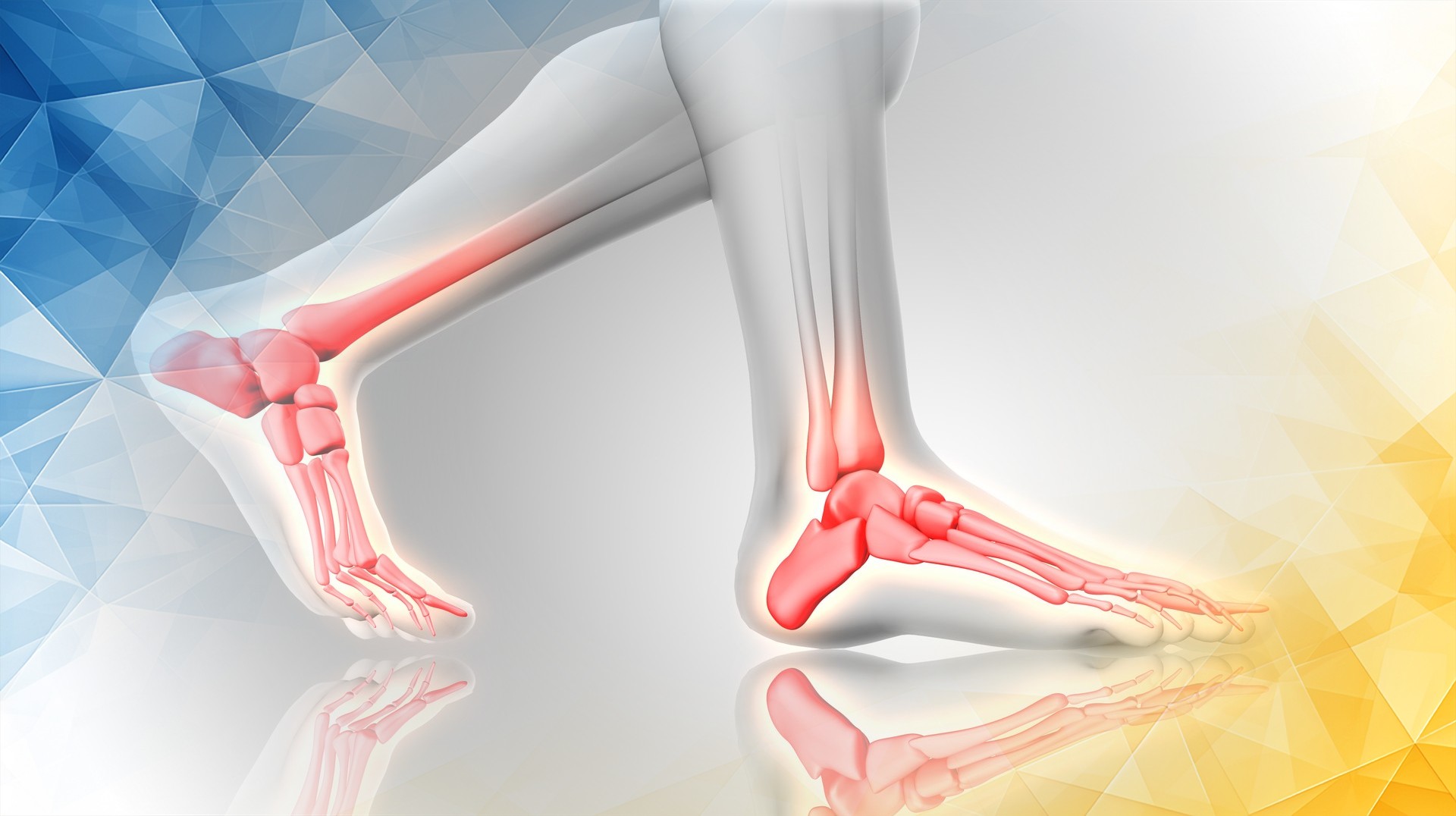



Knee arthritis is a prevalent condition often impacts an individual’s daily life through pain, swelling, and reduced mobility. It occurs when the cartilage in the knee joint wears down, causing bones to rub against one another. The three most common types of knee arthritis are osteoarthritis, rheumatoid arthritis, and post-traumatic arthritis. While surgery is an effective solution to various forms of knee arthritis, patients should be provided with the information to decide whether surgery is the best course of action for them.
Initial symptoms may include pain during movement, stiffness, and swelling around the knee. Early diagnosis often involves physical exams, X-rays, and MRI scans to assess the extent of knee cartilage damage. The surgical procedure will then be planned accordingly, although most cartilage surgeries are performed arthroscopically. This results in a minimally invasive procedure whereby cartilage is restored, repaired, or regenerated using appropriate medical techniques. You can learn more about these cartilage surgeries on our ‘treatments’ section.
Knee arthritis can significantly impact your quality of life. When conservative treatments like medications, injections, and non-surgical interventions fail, surgery might be considered. Cartilage surgery aims to repair or replace the damaged cartilage to restore function and relieve pain. Common procedures include microfracture, autologous chondrocyte implantation, and osteochondral grafting. In some cases, knee cartilage surgery is necessary to address extensive damage and improve patients’ mobility.
Like any surgical procedure, cartilage surgery carries risks. Short-term side effects may include pain, swelling, and limited mobility. Long-term potential complications include infection, blood clots, and persistent pain. If left untreated, knee arthritis can lead to severe joint damage, deformities, and chronic pain, significantly impacting daily activities.
The recovery process varies depending on the type of surgery and the individual’s overall health. Generally, patients can expect to start with rest and gradual weight-bearing activities, followed by physical therapy. Knee strengthening exercises at home play a crucial role in rehabilitation. Common exercises include leg raises, hamstring curls, and gentle range-of-motion activities. Patience and adherence to the rehabilitation plan are vital for successful recovery.
Early intervention is essential in managing knee arthritis effectively. Simple measures like maintaining a healthy weight, practising good posture, and engaging in regular low-impact exercises such as swimming or cycling can help prevent further joint damage. Always seek medical advice if symptoms worsen or do not improve with initial treatments. For those looking into non-surgical options, knee cartilage repair without surgery involves methods like physiotherapy and lifestyle changes to slow down cartilage degeneration.
Understanding the connection between knee arthritis and cartilage surgery is essential for making informed decisions about your health. Early intervention, proper diagnosis, and following the prescribed treatment plans can help manage symptoms effectively and improve quality of life. Contact the team at London Cartilage Clinic for more information.
Rest and limit weight-bearing on the operated knee. Follow your surgeon’s post-operative instructions diligently to ensure a smooth recovery.
Recovery timelines can vary but typically range from several weeks to a few months, depending on the surgery type and individual health.
Yes, maintaining a healthy lifestyle, engaging in regular exercise, and avoiding activities that strain the knee can help prevent arthritis progression.
Watch for increased pain, redness, swelling, fever, or drainage from the surgical site. These could indicate an infection or other complications.
Physical therapy is highly effective in regaining strength, mobility, and function. It’s a crucial component of the recovery process.
Surgery should be considered when conservative treatments fail to alleviate symptoms, and the condition significantly impacts your daily activities.
All our treatments are selected to help patients achieve the best possible outcomes and return to the quality of life they deserve. Get in touch if you have any questions.
At London Cartilage Clinic, we are constantly staying up-to-date on the latest treatment options for knee injuries and ongoing knee health issues. As a result, our patients have access to the best equipment, techniques, and expertise in the field, whether it’s for cartilage repair, regeneration, or replacement.
For the best in patient care and cartilage knowledge, contact London Cartilage Clinic today.
At London Cartilage Clinic, our team has spent years gaining an in-depth understanding of human biology and the skills necessary to provide a wide range of cartilage treatments. It’s our mission to administer comprehensive care through innovative solutions targeted at key areas, including cartilage injuries. During an initial consultation, one of our medical professionals will establish which path forward is best for you.
Contact us if you have any questions about the various treatment methods on offer.
Legal & Medical Disclaimer
This article is written by an independent contributor and reflects their own views and experience, not necessarily those of londoncartilage.com. It is provided for general information and education only and does not constitute medical advice, diagnosis, or treatment.
Always seek personalised advice from a qualified healthcare professional before making decisions about your health. londoncartilage.com accepts no responsibility for errors, omissions, third-party content, or any loss, damage, or injury arising from reliance on this material. If you believe this article contains inaccurate or infringing content, please contact us at [email protected].